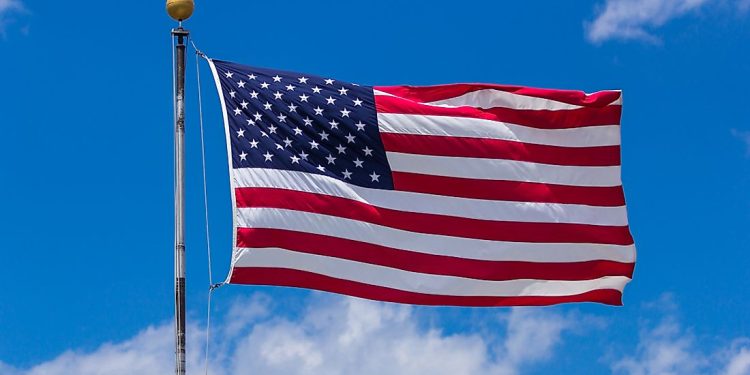The United States Government has issued a stern warning to Nigerian travelers against overstaying their authorized period of stay, cautioning that such violations could result in deportation and a permanent travel ban from entering the country.
The warning, posted on the official X platform (formerly Twitter) of the US Mission in Nigeria, forms part of an expanded crackdown on immigration violations under President Donald Trump’s administration. The advisory leaves no room for ambiguity in its message to potential violators.
“If you remain in the United States beyond your authorized period of stay, you could be deported and could face a permanent ban on traveling to the United States in the future,” the US Mission stated in its advisory to Nigerian citizens.
The stern warning comes amid a series of restrictive measures targeting Nigerian travelers seeking to enter the United States for business, education, or tourism. The Trump administration has implemented sweeping changes to visa policies affecting Nigerian citizens, citing concerns about visa overstay rates, national security, and documentation irregularities.
Under the revised policy framework, non-immigrant and non-diplomatic visas for Nigerians have been significantly restricted to three-month single entry permits, marking a dramatic departure from previous policies that often granted longer validity periods. The change affects thousands of Nigerian students, business travelers, and tourists who previously enjoyed more flexible travel arrangements.
The new restrictions are accompanied by substantial financial penalties. A mandatory $250 Visa Integrity Fee has been introduced for multiple visa categories, including student visas (F and M), tourist and business visas (B-1/B-2), work visas (H-1B), and exchange visitor visas (J). Only diplomatic applicants in categories A and G are exempted from these additional charges.
The financial burden extends beyond the integrity fee, with other non-waivable travel-related surcharges including the $24 I-94 fee and the $13 ESTA fee for travelers under the Visa Waiver Program. These cumulative costs represent a significant increase in the expense of traveling to the United States for Nigerian citizens.
In a move that has raised privacy concerns, the US Embassy recently announced mandatory social media screening for applicants in certain categories. All F, M, and J visa applicants are now required to make their social media accounts public, allowing US authorities to access and screen personal posts and activity as part of the enhanced vetting process.
The social media screening requirement represents an unprecedented level of scrutiny in the visa application process, with US officials gaining access to applicants’ personal communications, photos, and online interactions. This measure is part of broader efforts to conduct thorough background checks on all visa applicants.
According to the US government, these changes align with broader efforts to strengthen visa reciprocity policies and address longstanding concerns about immigration fraud and security threats. The measures follow executive orders signed by President Trump aimed at enhancing immigration enforcement and ensuring comprehensive background checks for all visa applicants.
The impact of these restrictions extends beyond individual travelers to affect educational institutions, businesses, and families with ties to both countries. Nigerian students planning to study in the United States now face increased costs and more complex application procedures, while business travelers must navigate shorter validity periods and additional documentation requirements.
The warning and accompanying policy changes signal a significant shift in US-Nigeria relations regarding travel and immigration, with potential implications for educational exchanges, business partnerships, and family connections between the two countries. Nigerian authorities have yet to issue an official response to the new restrictions, but the measures are expected to affect thousands of potential travelers in the coming months.



















